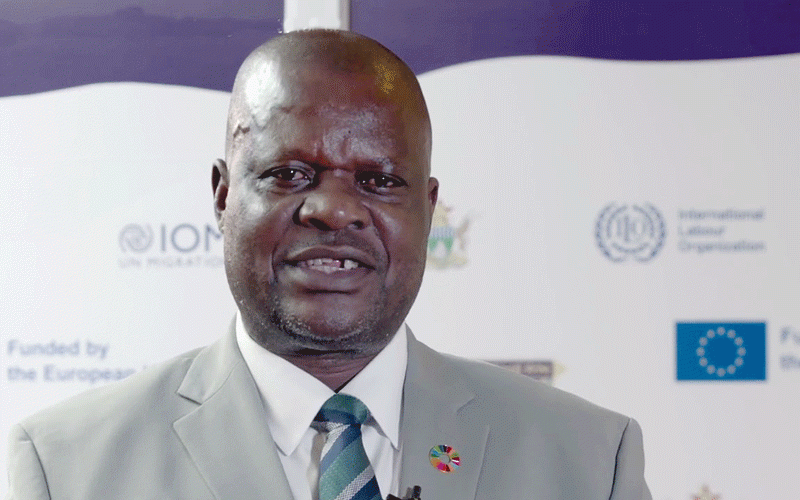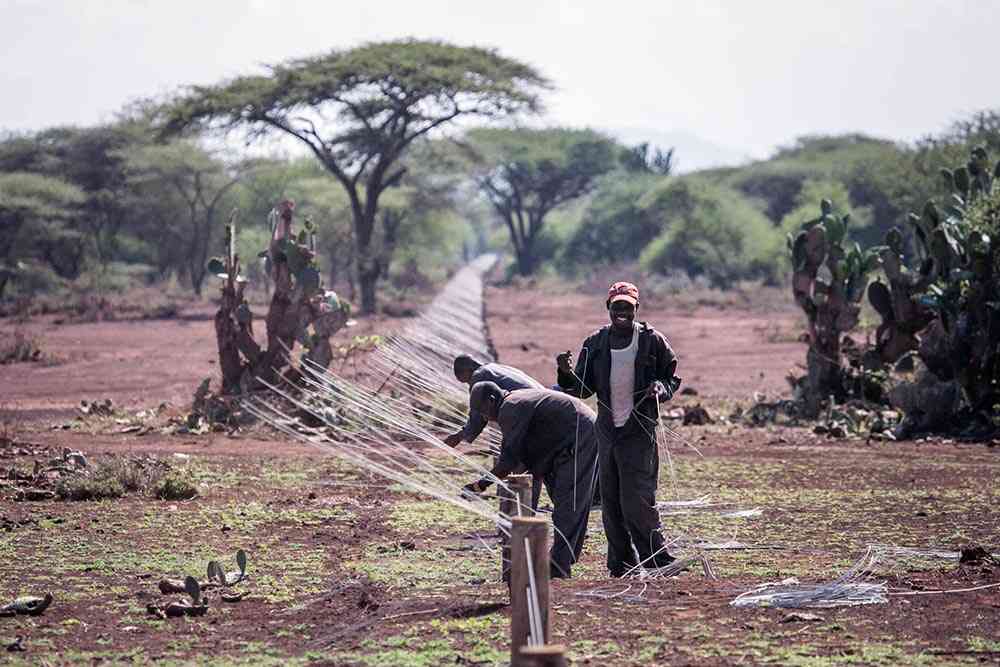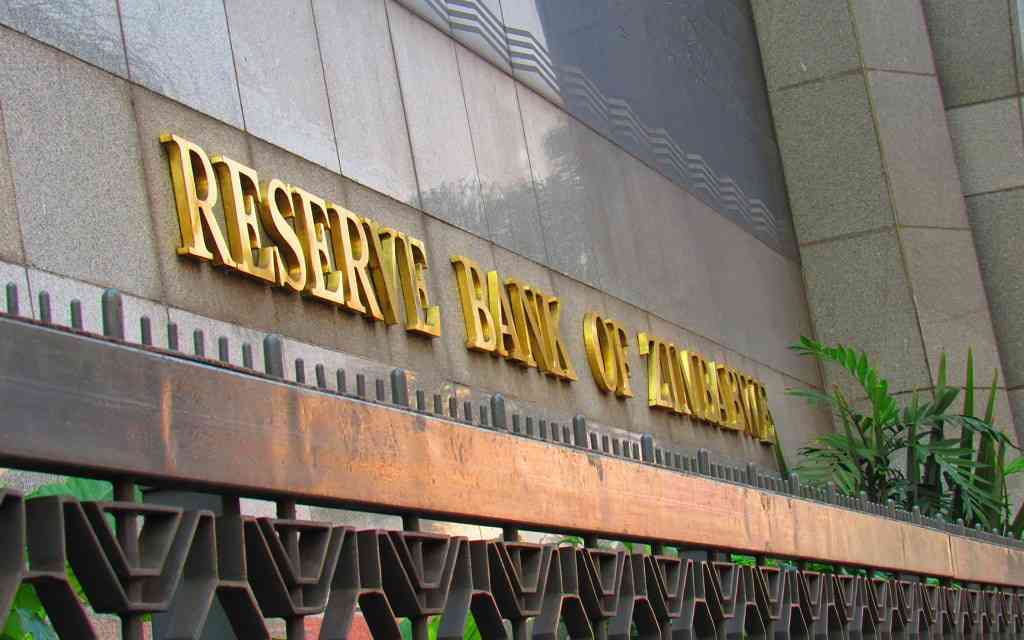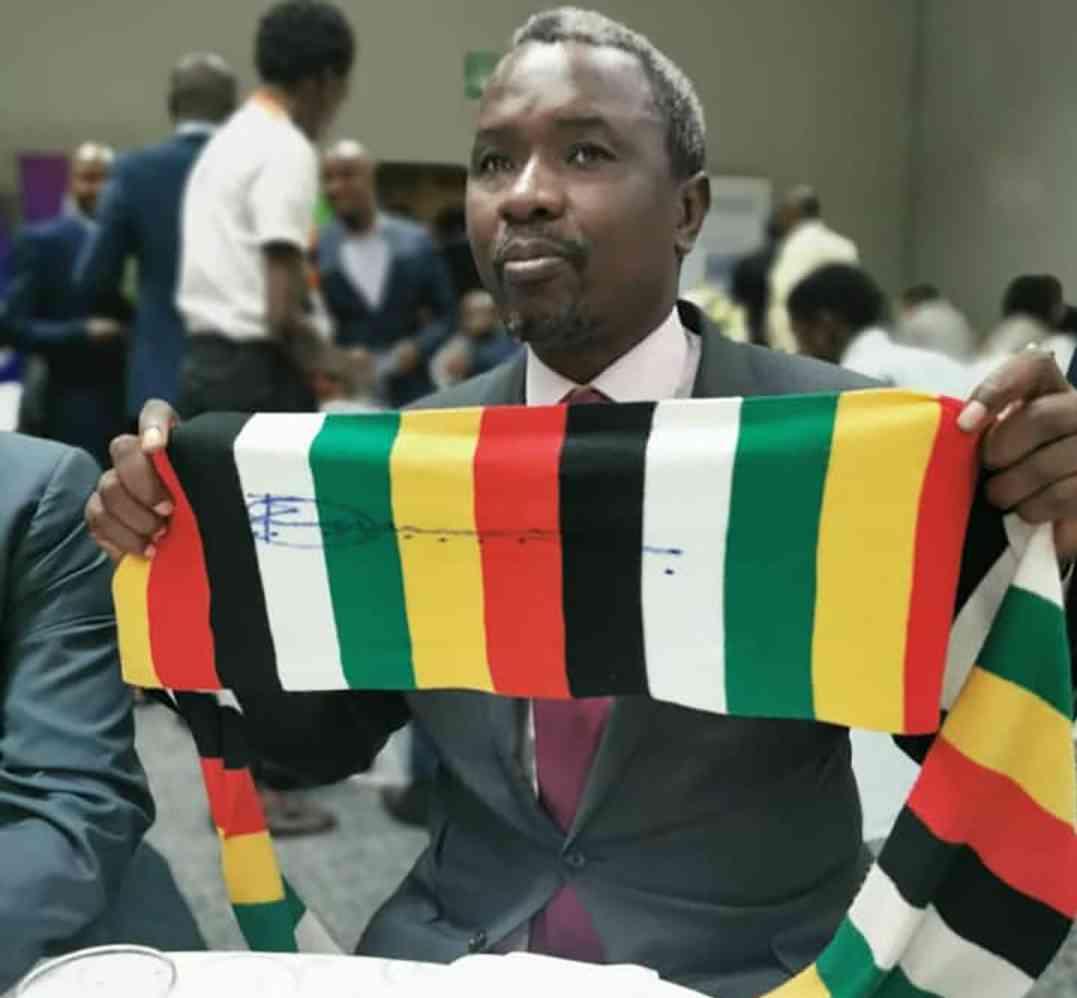
NON-GOVERNMENTAL organisations (NGOs) should be compliant and adhere to Zimbabwe’s laws and regulations in their operations to avoid conflict with authorities, a senior government official has said.
Speaking during the Institute of Chartered Accountants of Zimbabwe (Icaz) NGOs conference in Kariba recently, Public Service, Labour and Social Welfare ministry secretary Simon Masanga said the NGOs complemented government’s work in society.
The conference was held under the theme Re-Imagining NGO Innovation, Optimisation, Sustainability and Governance, Fostering Accountability in Building NGO Professional Stronghold.
The NGO sector has been apprehensive since the introduction and passing of the Private Voluntary Organisations Amendment Bill in Parliament, which is awaiting President Emmerson Mnangagwa’s signature to become law.
“Government acknowledges the work (done) by NGOs, they complement the work of the government, especially where it fails to fulfil its mandate.
“Like this year we are facing drought and government is not able to feed more than six million people, but with the help of NGOs this can be done,” Masanga said.
“We are more than happy to sit on the table with you and allocate areas of coverage. But our ministers become suspicious when you come and say, ‘I want to go there’. Maybe your justification is you were born in Mudzi and you want to cover Mudzi, tell us then. Why is it that all donors are crowding one place. We become suspicious.”
Masanga expressed government’s willingness to collaborate with NGOs’ project, but noted that officials often become suspicious when donors converge in a single district.
- Environmental justice: Think big, start small
- News in depth: Slain Moreblessing Ali’s family fears cover-up as children are forced into hiding
- Airports Company strikes mega hotel deal
- In Full – Zimbabwe 42nd Independence Day speech by President Mnangagwa, April 18, 2022
Keep Reading
“When all donors focus on one area, it raises questions. Perhaps there are resources, like diamonds in Chimanimani, that are not being disclosed to the local communities, leading to further scrutiny of NGO’s intentions,” he said.
Masanga underscored government’s strict stance on non-compliance, warning that licences will be revoked.
“We can withdraw licences for non-compliance and the law provides for the cancellation of registration. We have done this on multiple occasions,” he said.
National Association of Non-Governmental Organisations chief director Ernest Nyimai emphasised the importance of regulation in the sector saying it makes their work much easier as it involves all the parties.
“You cannot avoid regulation because regulations define parameters in terms of how you do your work, where do you start and where do you end,” he said.
“And it helps to protect the interests of the public. So if we allow you to operate freely, without some oversight and checks and balances, we are bound to start to compromise some of the critical things like protecting human rights, ensuring that people are safe out there.
“So there should be those regulations, those policies that then govern how we interact with the community.”
Nyimai, however, said there was need for communication between the government and NGOs to enhance transparency.











